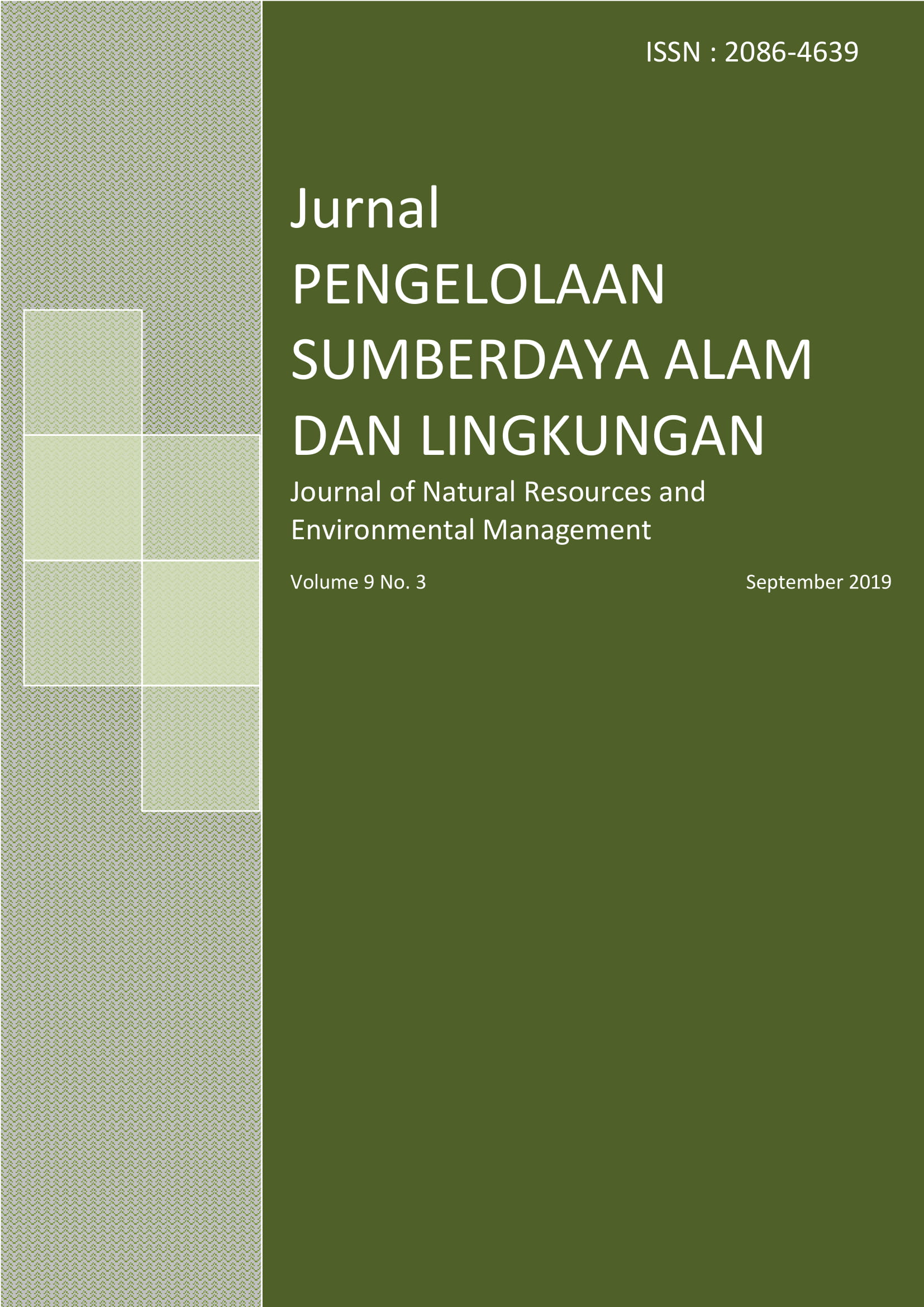Perubahan Perladangan menjadi Perkebunan dan Dampaknya terhadap Kebakaran Hutan dan Lahan di Provinsi Riau
Abstract
Swidden agriculture is often associated on forest and land fires. Meanwhile, swidden agriculture do not always cause forest and land fires because the community applied their local knowledge. This study aim to describe the changes of swidden agriculture practices to plantation, and explain the impact of the swidden agriculture and plantation practice on forest and land fires in Riau Province. Theory of cultural change dan theory of innovation adoption were used to explain it. Survey method was used in this study. The data were collected from interview techniques, observation and recording of secondary data from various sources. The results of this study show that law enforcement is the main reason in the technological changes. The results of this study also indicate that forest and land fires were not caused by swidden agriculture. In other words, swidden agriculture did not cause forest and land fires.
Authors
DerikE. (2019) “Perubahan Perladangan menjadi Perkebunan dan Dampaknya terhadap Kebakaran Hutan dan Lahan di Provinsi Riau”, Jurnal Pengelolaan Sumberdaya Alam dan Lingkungan (Journal of Natural Resources and Environmental Management). Bogor, ID, 9(2), pp. 314-325. doi: 10.29244/jpsl.9.2.314-325.
Authors who publish with this journal agree to the following terms:
- Authors retain copyright and grant the journal right of first publication with the work simultaneously licensed under a Creative Commons Attribution License that allows others to share the work with an acknowledgement of the work's authorship and initial publication in this journal.
- Authors are able to enter into separate, additional contractual arrangements for the non-exclusive distribution of the journal's published version of the work (e.g., post it to an institutional repository or publish it in a book), with an acknowledgement of its initial publication in this journal.
- Authors are permitted and encouraged to post their work online (e.g., in institutional repositories or on their website) prior to and during the submission process, as it can lead to productive exchanges, as well as earlier and greater citation of published work (See The Effect of Open Access).






